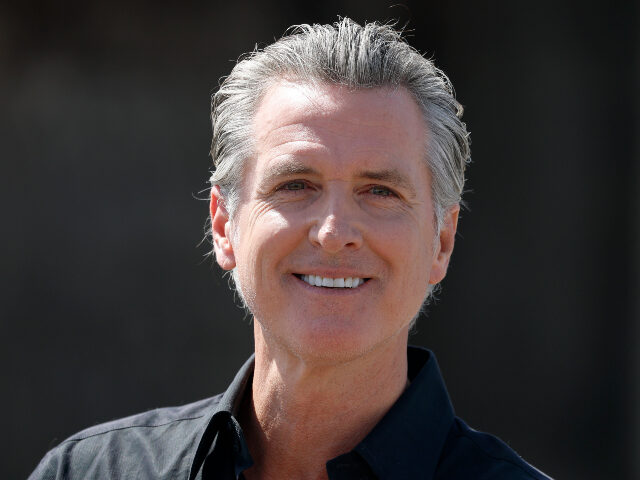Exclusive Study – Healthcare Provider Tax Freeze in One Big Beautiful Bill Would Reward Blue States that Provide Health Care to Illegal Aliens

The House-passed One Big Beautiful Bill Act’s measure to freeze state-imposed healthcare provider taxes would, ironically, punish fiscally conservative states and reward blue states such as California and New York.
Neurosurgeon and healthcare expert Dr. Anthony DiGiorgio, who was recently affiliated with the Mercatus Center, studied the effects of the House-passed One Big Beautiful Bill Act’s freeze of state-imposed healthcare provider taxes and found that it may, ironically, punish states that have been the most fiscally responsible and reward overspending states that provide coverage to illegal aliens.
Provider taxes are taxes on hospitals and nursing facilities that states use to help fund their Medicaid programs. The problem with the House-passed One Big Beautiful Bill’s freeze, according to DiGiorgio, is that many irresponsibly spending states such as California and New York have already jacked up provider taxes to the six-percent limit allowed by federal law, while the freeze would prevent responsible states from potentially raising their lower provider taxes to meet future Medicaid spending needs.
Democrat states such as New York and California also provide Medicaid to illegal aliens.
“The proposal would instead serve to punish the states that have thoughtfully and conservatively limited use of the provider tax tool in an effort to run efficient programs and keep taxes low. In contrast, the freeze would reward states like California and New York,” the study stated, “who hastily took taxes to the upper limit allowed by federal law. In short, a provider tax freeze would disproportionately impact fiscally conservative states. It would make these states the victims of their own restraint.”
Red State Reduction+IMM CO5.27[67] by Breitbart News on Scribd
” src=”https://www.scribd.com/embeds/871343309/content?start_page=1&view_mode=scroll&access_key=key-yHLfyQgygG7FUDlXKR0o” width=”100%” height=”600″ frameborder=”0″ scrolling=”no” data-auto-height=”false” data-aspect-ratio=”0.7729220222793488″]“The way I look at them is there, there’s sort of an unfortunate necessity for Medicaid, in that Medicaid is severely underfunded, especially as it has grown, essentially from, as many states have treated it, instead of a safety net program, has almost grown into a de facto public option,” DiGiorgio told Breitbart News in an interview, noting that Medicaid has “ballooned” to 40 to 44 percent of the population in states such as New York and California.
Indeed, the California Health Care Foundation found that 38 percent of Californians are enrolled in California’s Medicaid program, Medi-Cal, while four percent, or 1.6 million Californians, rely on premium healthcare subsidies through Covered California, the health insurance marketplace established by the state through Obamacare.
DiGiorgia noted that many states like California expand Medicaid to cover more populations such as illegal aliens.
“It’s tough, because when a state like California or New York clearly abuses the provider tax mechanism, it makes it look bad for states that are actually using it responsibly,” he added.
Public officials have also touted the use of provider taxes to keep taxes low on the average citizen.
Louisiana Republican Gov. Jeff Landry (R) has touted the need for state flexibility on using provider taxes.
“I care about this provider tax issue because my goal is to keep taxes on the citizens of Louisiana as low as possible. In my view, the provider taxes are a good thing. By partially funding the state Medicaid program with an assessment on hospitals, we can avoid tax increases on our citizens. That’s a conservative cornerstone, I am proud to defend it,” Gov. Landry wrote to President Donald Trump in February.
He added that the One Big Beautiful Bill does have some great aspects that help control healthcare costs, such as preventing California and other states from using federal Medicaid dollars to pay for illegal aliens’ healthcare needs. He said that the work requirements in the House-passed bill would also serve as another eligibility check.
DiGiorgio noted that some estimates have found that 15 to 20 percent of those on Medicaid are not actually eligible for the entitlement program.